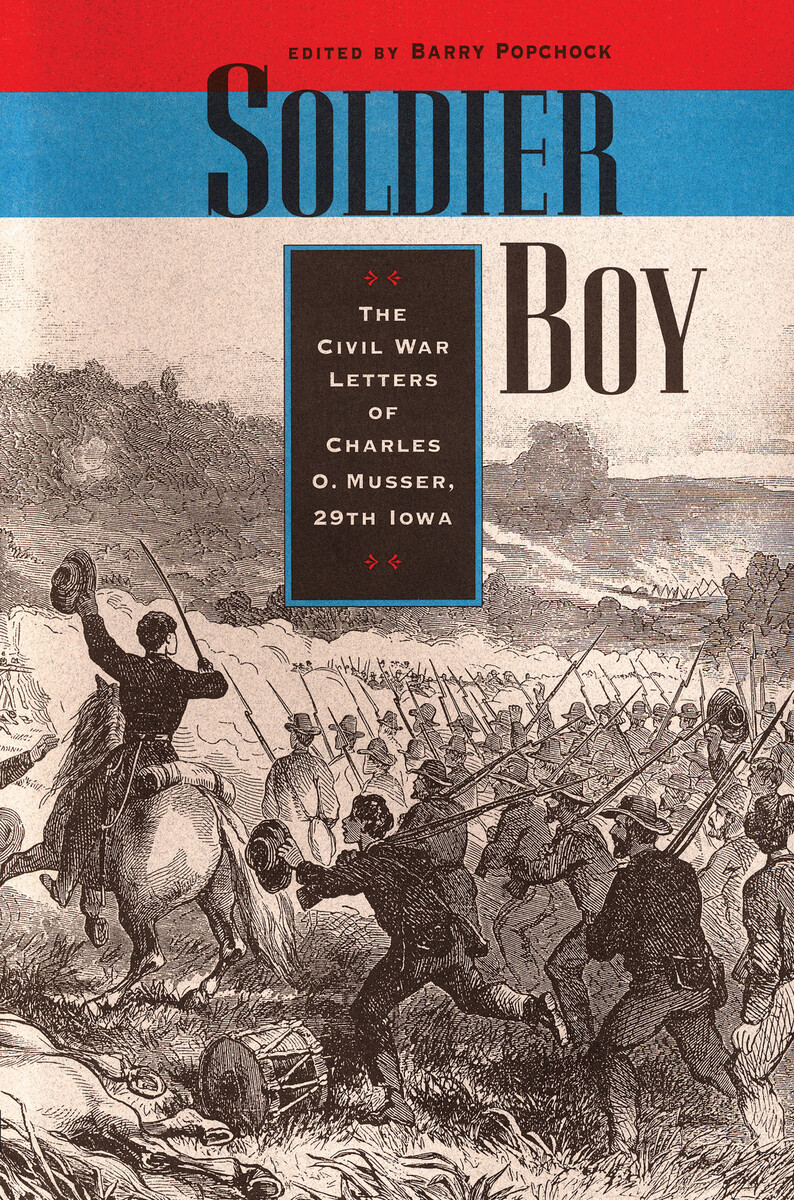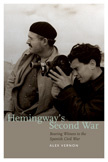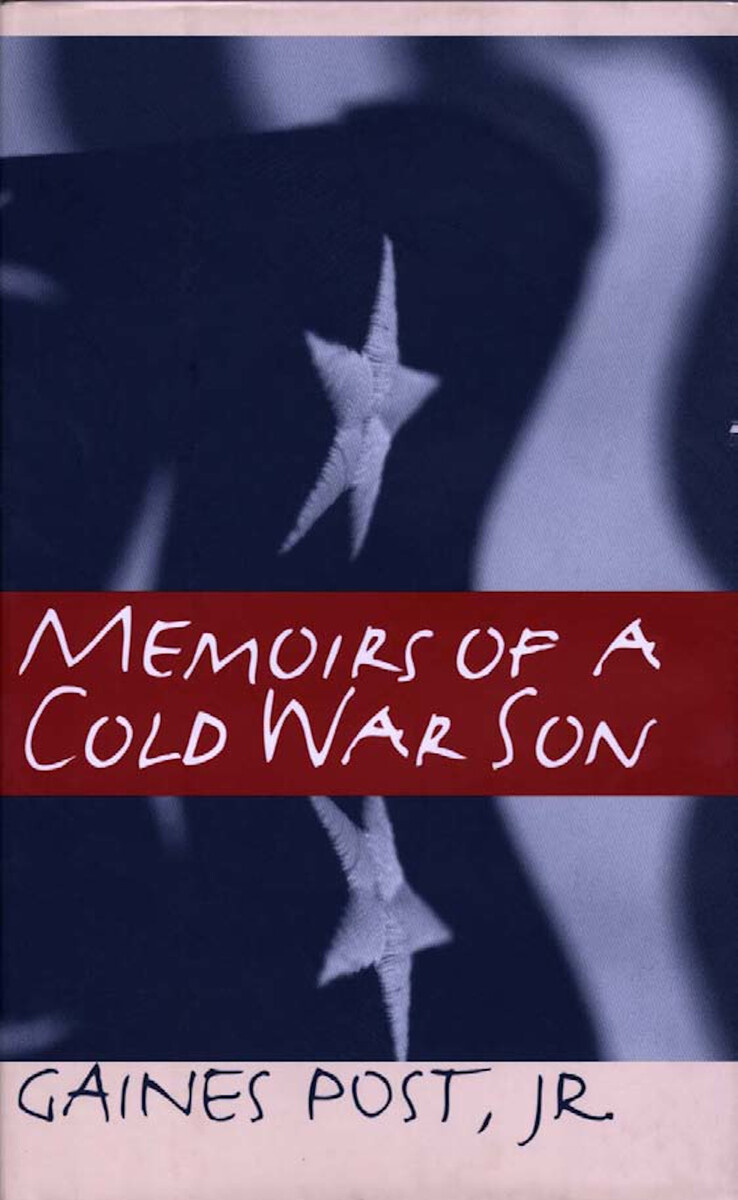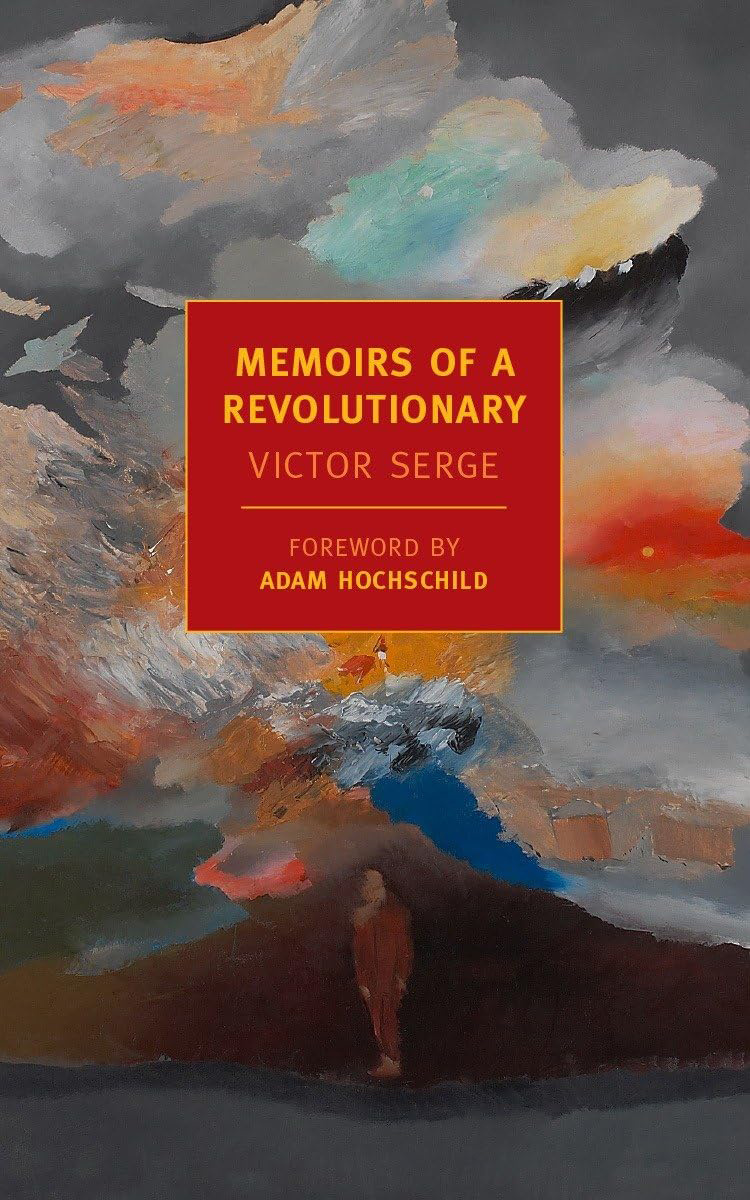Blood and anger, bragging and pain, are all part of this young Iowa soldier's vigorous words about war and soldiering. A twenty-year-old farmer from Council Bluffs, Charles O. Musser was one of the 76,000 Iowans who enlisted to wear the blue uniform. He was a prolific writer, penning at least 130 letters home during his term of service with the 29th Iowa Volunteer Infantry.
Soldier Boy makes a significant contribution to the literature of the common soldier in the Civil War. Moreover, it takes a rare look at the Trans-Mississippi theater, which has traditionally been undervalued by historians.
Always Musser dutifully wrote and mailed his letters home. With a commendable eye for historical detail, he told of battles and marches, guerrilla and siege warfare, camp life and garrison soldiering, morale and patriotism, Copperheads and contraband, and Lincoln's reelection and assassination, creating a remarkable account of activities in this almost forgotten backwater of the war.
“Soldier Boy contains many valuable insights into the Civil War of the West, gives a realistic picture of life and death among the so-called common soldiers of that conflict, and does these things in a roughhewn but frank and colorful fashion that makes for enjoyable reading. This is a splendid addition to the literature of the Civil War produced by the men who fought it.”—Albert Castel, author of Decision in the West: The Atlanta Campaign of 1864
“The Trans-Mississippi theater remains a much-neglected arena in the immense literature on the Civil War. The letters of Charles O. Musser shed welcome light on the experience of federal service west of the Mississippi River. Apart from information about daily life within the northern army and the 29th Iowa’s campaigning in Arkansas and Louisiana, the letters offer insights into the attitudes of Musser and his comrades concerning politics, emancipation, race, and a range of other topics. Readers interested in the motivation of common soldiers, as well as those seeking material on the Trans-Mississippi theater, would do well to consult these letters.”—Gary W. Gallagher, Pennsylvania State University
“Charles Musser combined clarity, reflection, and homespun good sense in the letters he penned as he went through the nation’s pivotal crisis and changed from a midwestern farm boy to a tough combat soldier. His thoughts on the enemy, the Copperheads, the blacks, the war, and his on comrades should prove fascinating to scholars and amateurs alike. Barry Popchock’s skillful editing clarifies and enriches while essentially allowing a simple Iowa soldier boy to tell his own story.”—Steven E. Woodworth, author, Jefferson Davis and His Generals



